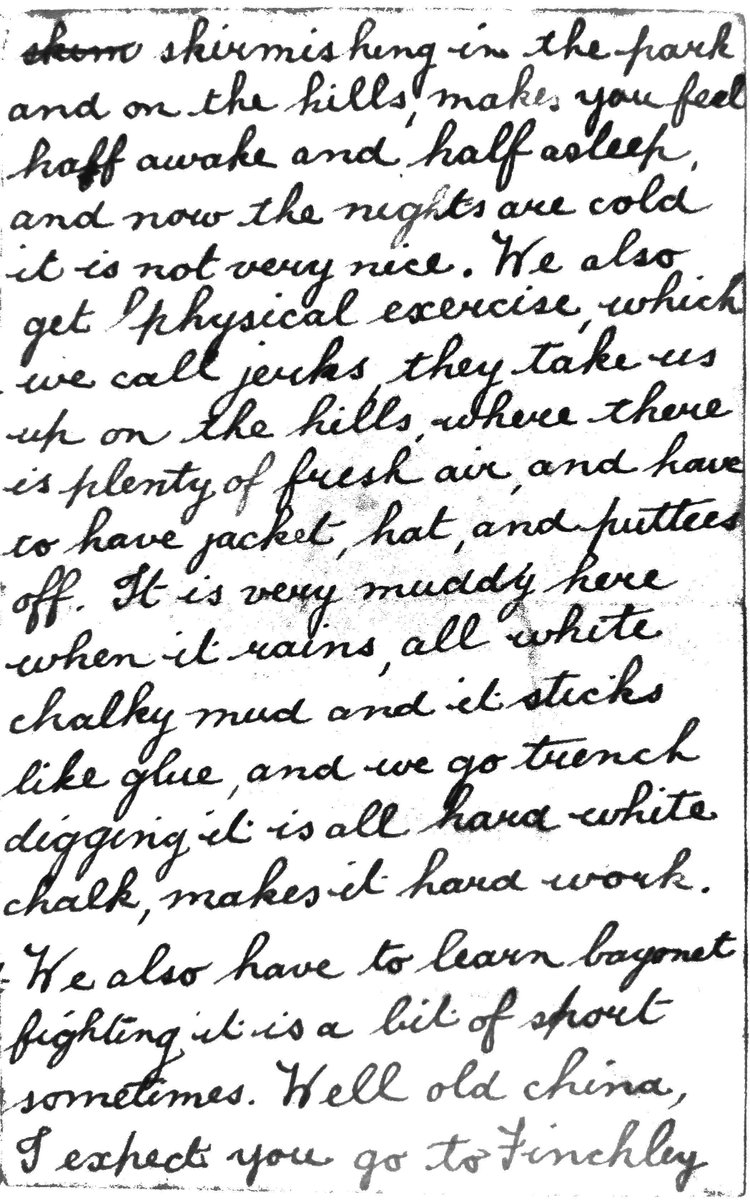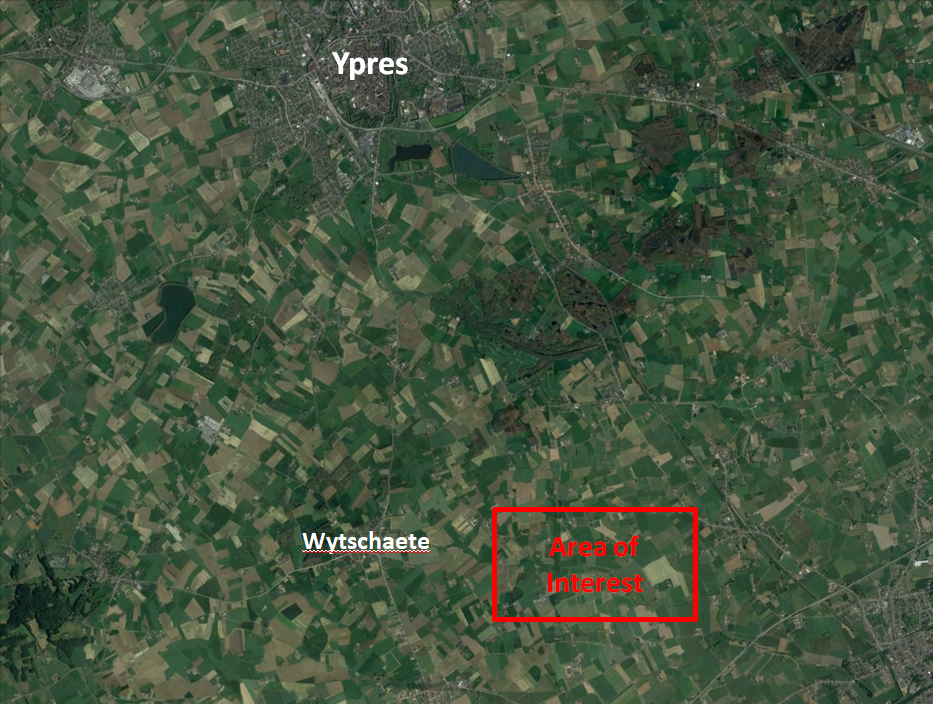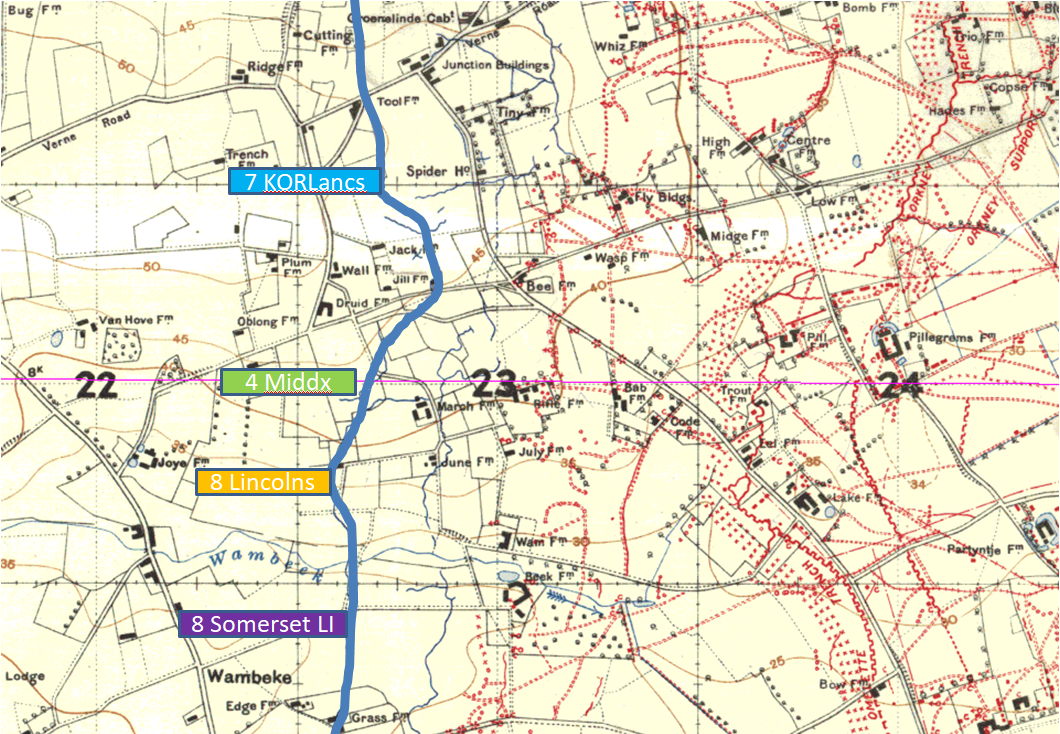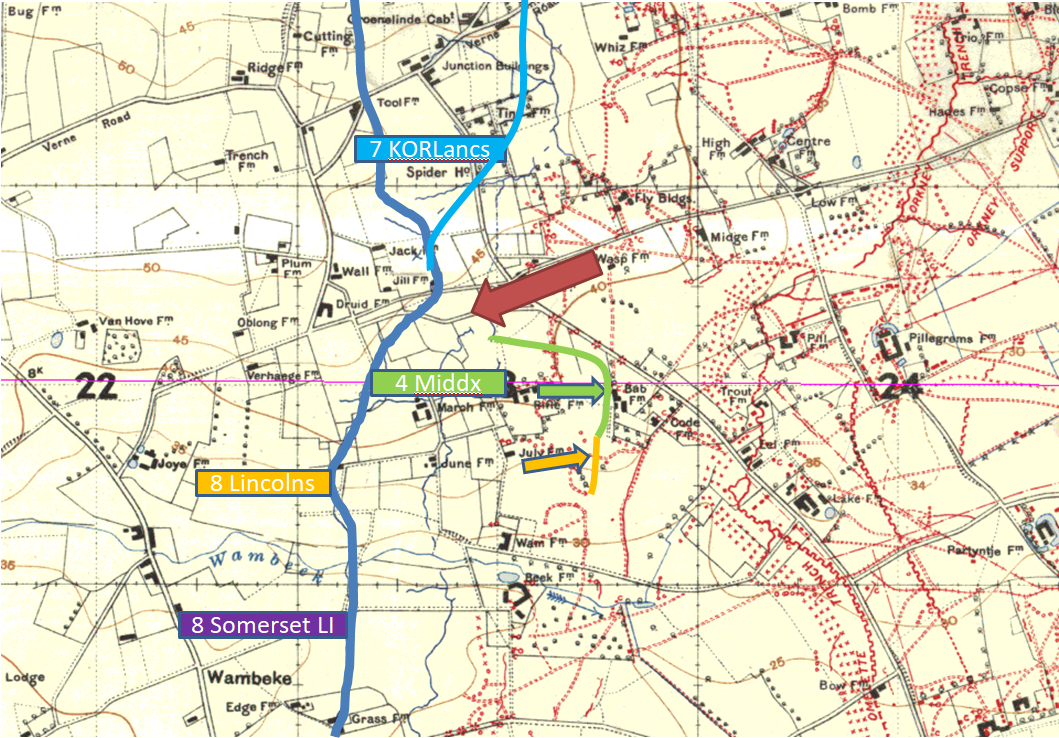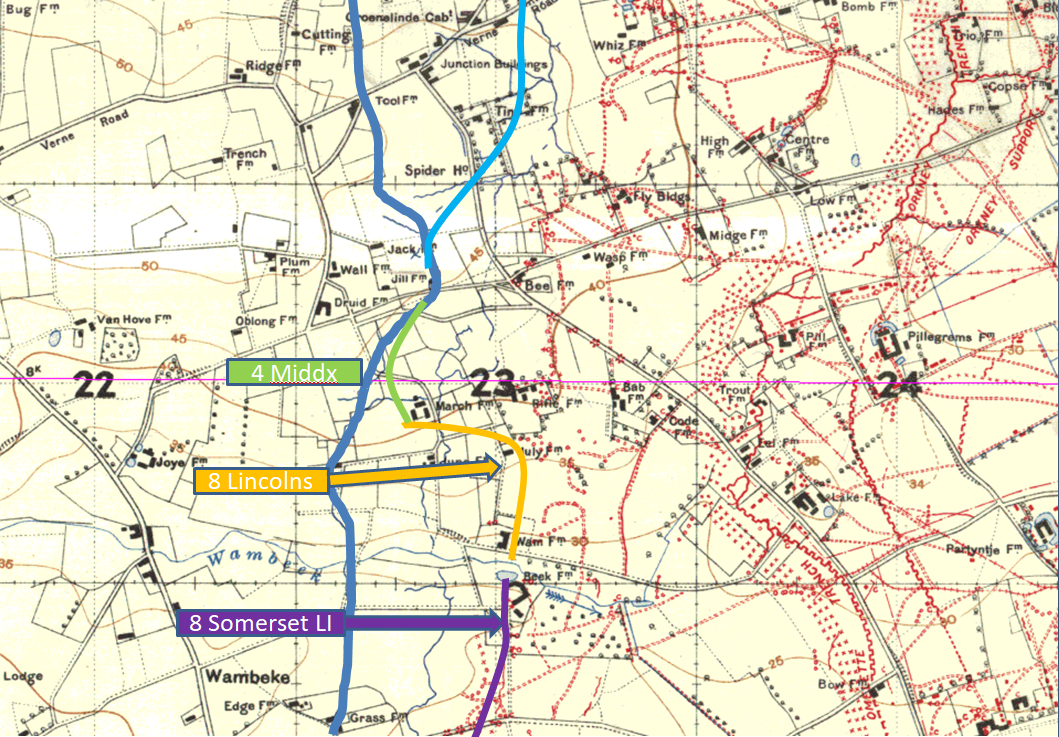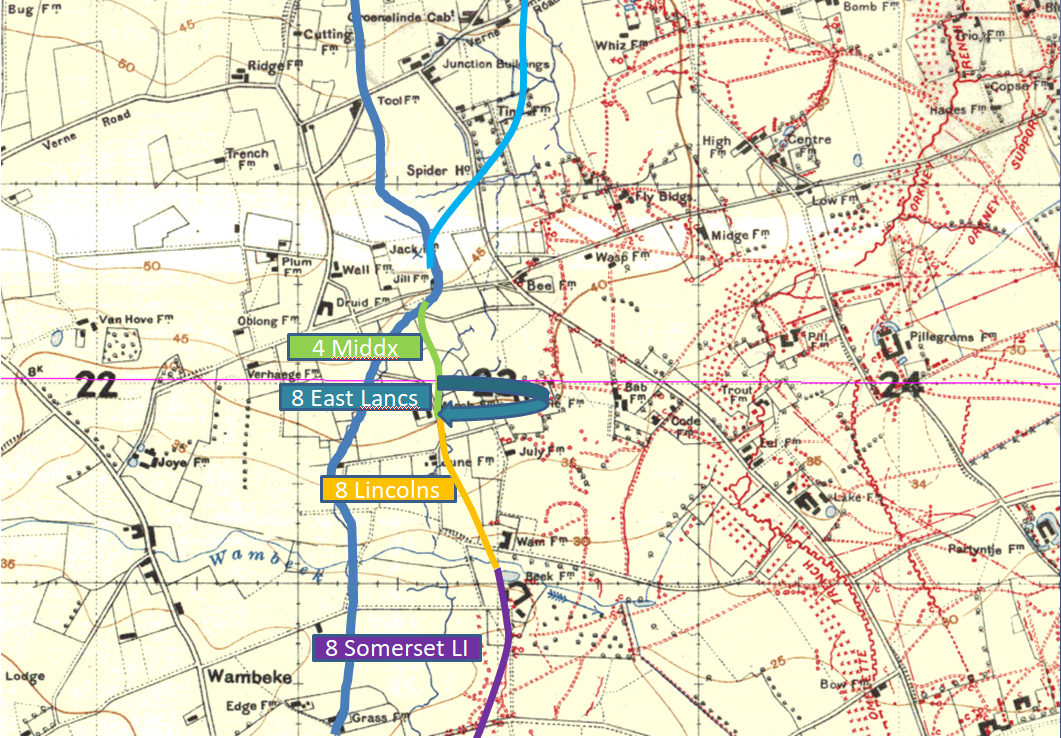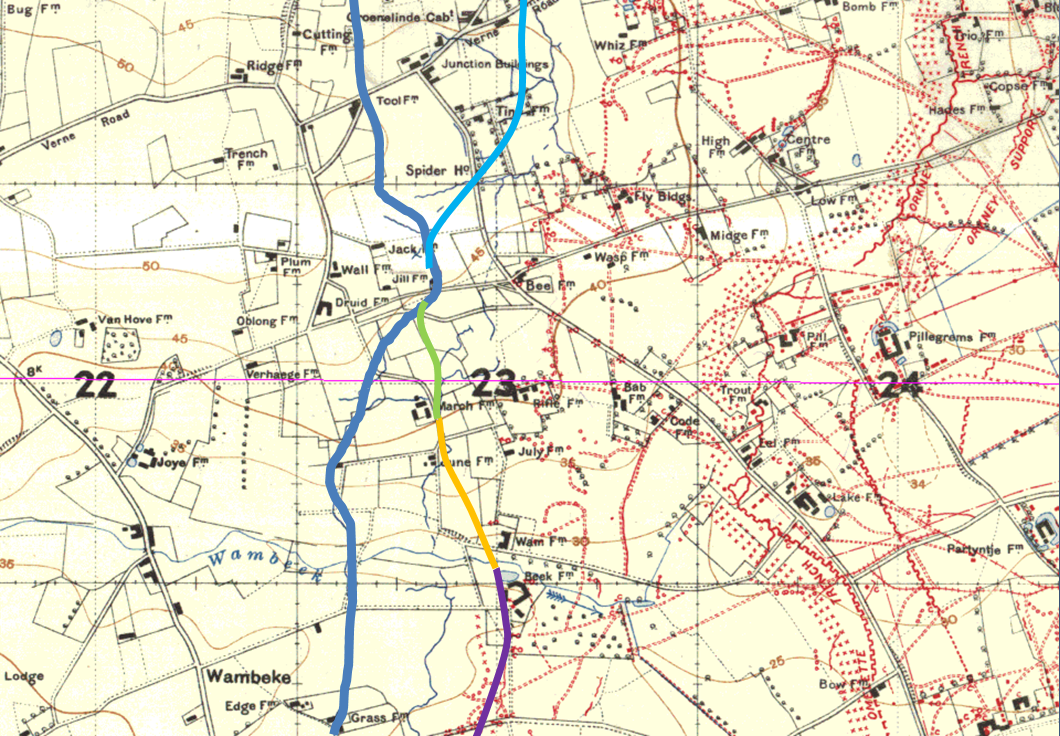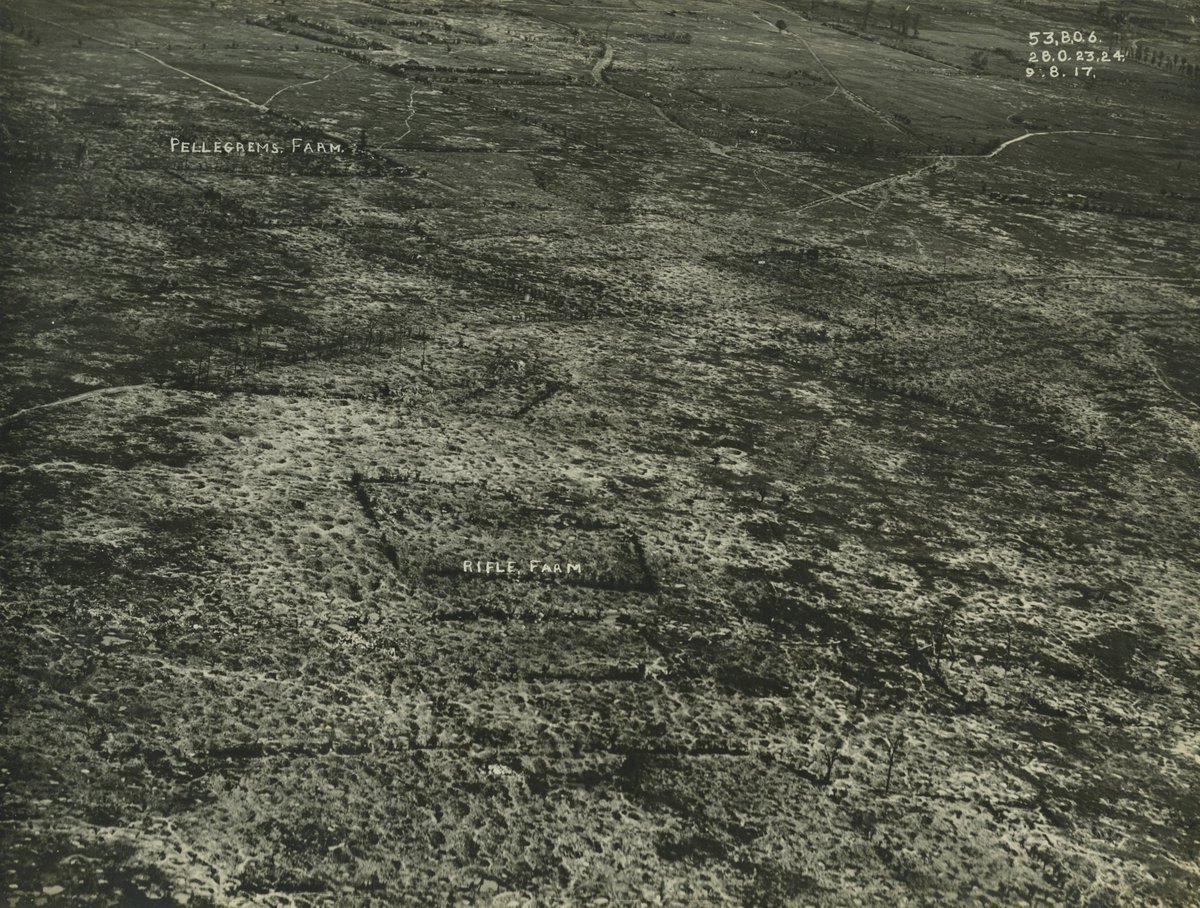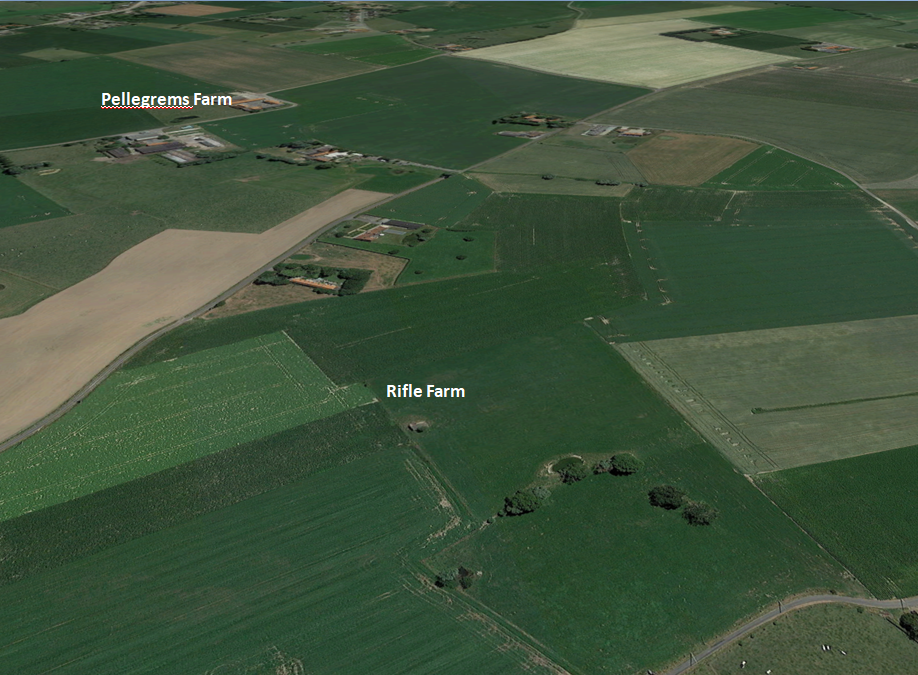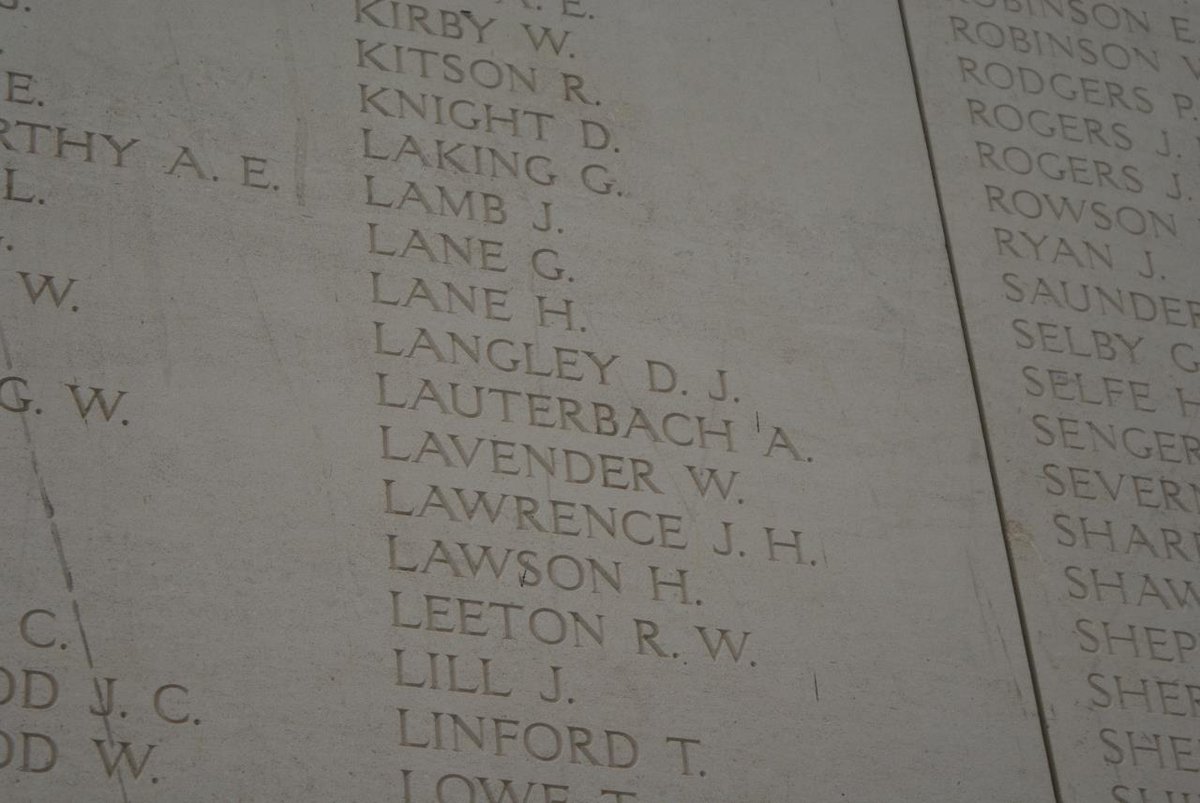Yesterday marked 103 years since Augustus Lauterbach, age 20, took part in the first day of the Third Battle of Ypres. Today he is remembered on the Menin Gate. He was my Great Grandpa& #39;s eldest brother. #WW1 #FWW #Passchendaele #Ypres /1
His story isn& #39;t a tale of any particular act of heroism, just that of an ordinary young man, one of many, and much of it is taken from battalion war diaries, but it is, I hope, worth telling.
Born in June 1897 to Paul and Sarah Lauterbach, the eldest of 7 children, his father& #39;s parents were German migrants, settling in the UK around 1860. In 1915 his father Paul died, leaving Gus, age 18, to help his mother look after the family, including my Great Grandpa, age 3.
In August 1916, age 19, he left his home in Barnet to join the Hertfordshire Regiment, training at Halton Park Camp. While there he wrote a letter to his friend Alec, which gives a fascinating insight into his life at the time.
He discusses the remoteness of the camp, complaining that there are "not many girls about here but I have managed to find one, trust me for that". He talks about how Alec is "lucky to keep out of it up to now" and "will grumble when you have been in it a few weeks".
He talks about his training, "trench digging, bomb throwing, musketry and night hops", "bayonet fighting it is a bit of sport sometimes". Before signing off he asks Alec to "remember me to all the girls" in Finchley, and says he hopes to get home soon.
In late December 1916 he was sent to France, joining an Entrenching Battalion while waiting to be posted to a front line battalion. In early May he joined the 8th Battalion Lincolnshire Regiment to replace some of the casualties taken at the Battle of Arras the month before.
For the first 2 months, his time was mostly spent training, first moving into the trenches in late June. In the early part of July, the battalion rotated in and out of the line, also providing working parties to advance the line a few hundred yards closer to the enemy.
In the final week before the offensive the Brigade spent time practising for their part in the assault, a diversionary attack south of Ypres to stretch the German defences away from the main thrust towards Passchendaele, to the east of Ypres.
The 8th Lincolns moved into the front line trenches east of Wytschaete on 29th July ready for the assault to begin on the 31st. (Trench maps from @GreatWarDigital, modified by me)
At 3.50am on 31st July D company of the 8th Lincolns advanced towards Rifle Farm alongside the 4th Middlesex, capturing the farm within 40 minutes. On the Middlesex left, the right hand company of the 7th Kings Own Royal Lancasters advanced towards Bee Farm.
While both the Middlesex and Lancasters initially reached their objectives, some confusion at the boundary between them left them vulnerable. A strong German counter attack from Wasp Farm forced them back and drove a gap between the two battalions.
Meanwhile, the Middlesex advanced towards Bab Farm, meeting heavy resistance. D company of the Lincolns were also drawn into this fight. No runners made it back to ask for reinforcements until 1.30pm. "This entire party fought it out until all were either killed or wounded."
At 7.50am, the second phase of the operation began, with 2 companies of the Lincolns and the 8th Somerset Light Infantry successfully gaining the line Beek Farm-July Farm. During this advance the Lincoln& #39;s war diary notes "No trace was found of Middlesex or D Company".
Enemy resistance at May/March Farm caused the Lincolns to retire back to June Farm to avoid their flank being left open. At 8pm the 8th East Lancashire Regiment were sent in to recapture Rifle Farm but retired soon after retaking it, as their guns became clogged with mud.
By the end of the day the line had stabilised while the weather had deteriorated even further. The 8th Lincolns were relieved, and the job of consolidating the new line and, where possible, retrieving the wounded fell to another battalion.
While the Battle of Passchendaele raged further north until November, little more happened in this sector. On 9th August, this aerial photograph was taken. Initially recorded as missing, it is quite possible that Gus lies somewhere in these fields, and rests there still today.
In this attack, the 8th Lincolns initially recorded 106 men missing with 46 wounded and 10 killed. We now know 57 men of the 8th Lincolns died on 31st July, of whom only 4 have known graves. The rest are remembered on the Menin Gate in Ypres, including Augustus Lauterbach.
His death was very hard on the family, having already lost their father 2 years earlier. While my Great Grandpa was only 5 when his older brother died, he always spoke very highly of him, and was delighted when Gus& #39; friend Alec gave him the letter many years later.

 Read on Twitter
Read on Twitter

